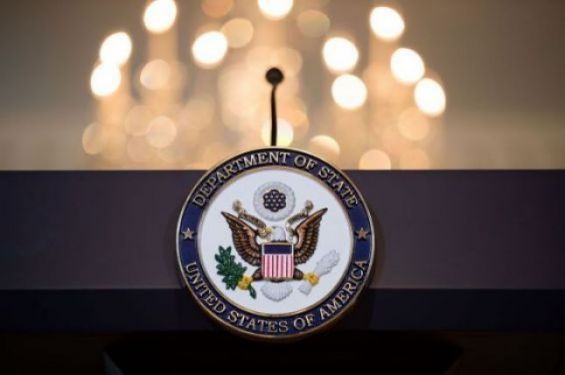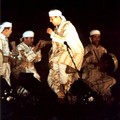In its annual report, the US Department of State addressed the most significant human rights issues in Morocco. Released Wednesday 11, the 2019 report indicates that most of these issues include «allegations of torture by some members of the security forces», «undue limits on freedom of speech», «limits on freedom of assembly and association, corruption and criminalization of LGBTI conduct».
Regarding torture allegations, the US Department of State reveals that there «were few examples of investigations or prosecutions of human rights abuses by officials, whether in the security services or elsewhere in the government».
Freedom of expression
When it comes to freedom of expression, the report warns against the «red lines» that restrict some freedom of expression in the press and social media, referring to «criticism of Islam, the institution of the monarchy, or the government’s positions regarding the territorial integrity of Western Sahara».
«Such criticism can result in prosecution under the penal code, with punishments ranging from fines to prison time, despite the freedom of expression provided for in the 2016 press code», the report read.
Quoting the Freedom House 2019 Freedom in the World report, the US Department of State indicates that «Morocco enjoys a significant degree of freedom when reporting on economic and social policies, but authorities used an array of financial and legal mechanisms to punish critical journalists».
The part on freedom of expression in Morocco includes also «public dissent». «The government sometimes prosecuted persons who expressed criticism on (…) Islam, of the legitimacy of the monarchy, of state institutions, of officials such as those in the military, and of the government’s positions regarding territorial integrity and Western Sahara», the report read.
It reports that 22 people were charged for criminal speech, including defamation, slander and insult, referring to particular cases like the one of Moroccan rapper Mohamed Mounir (aka Lgnawi), who was sentenced to one year in prison and a fine of 1,000 dirhams for insulting police in a social media post.
As for freedom of press, the report indicates that 22 people faced charges during the year for defamation, slander, or blasphemy, indicating that Hajar Raissouni, Taoufiq Bouachrine and Hamid al-Mahdaoui «are accredited journalists who were in prison during the year for criminal acts the government claimed were outside of their role as journalists».
In addition to arrests, the report recalls that some Moroccan journalists «continued to denounce the cumbersome administrative procedures nd the long wait times to receive accreditation under the press code».
«Some members of the press claimed that journalists from outlets close to the government and palace received their credentials sooner than journalists from independent outlets», it explained.
Furthermore, the US Department of State reports that some journalists were «harassed, intimidated and discredited them through harmful rumors about their personal lives». Meanwhile, the report recalled that in 2019, bloggers were arrested and imprisoned for content shared online.
Freedom of assembly and Western Sahara
As for freedom of assembly and association, the annual document indicates that several NGOs complained that «authorities did not apply the approval process consistently and used administrative delays and other methods to suppress or discourage unwanted peaceful assembly».
«According to HRW’s World Report 2019, police allowed many protests demanding political reform and protesting government actions, but often forcibly dispersed peaceful protests, arrested protestors and protest leaders, or prevented demonstrations from occurring», it indicated.
In Western Sahara, the report indicates that the significant human rights issues include «allegations of torture by some members of the security forces, criminalization of libel and certain content that criticized the monarchy and the government’s position regarding territorial integrity; limits on freedom of assembly and association; and corruption».
«The lack of reports of investigations or prosecutions of human rights abuses by officials in Western Sahara, whether in the security services or elsewhere in the government, contributed to a widespread perception of impunity», the report concluded.





 chargement...
chargement...













